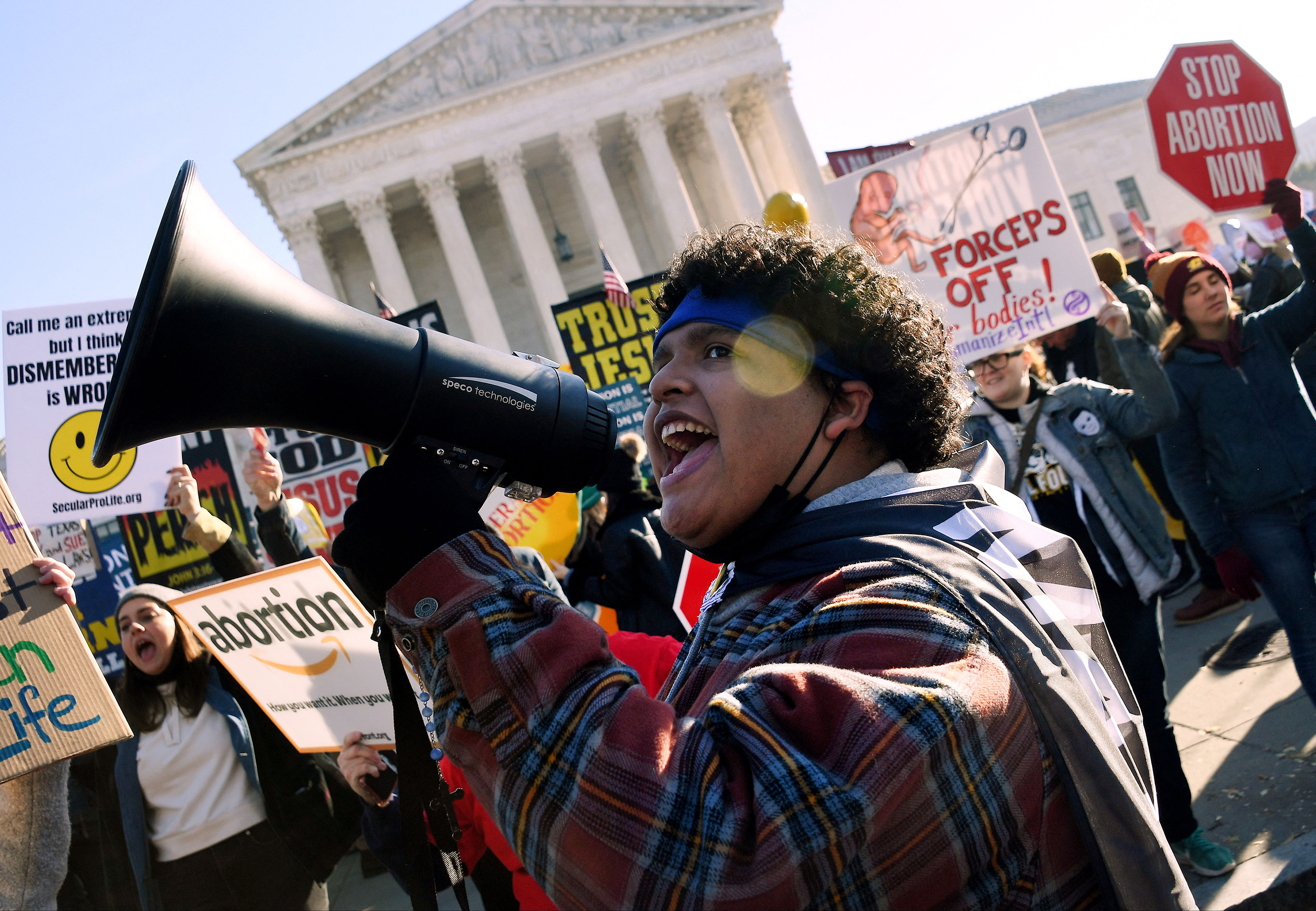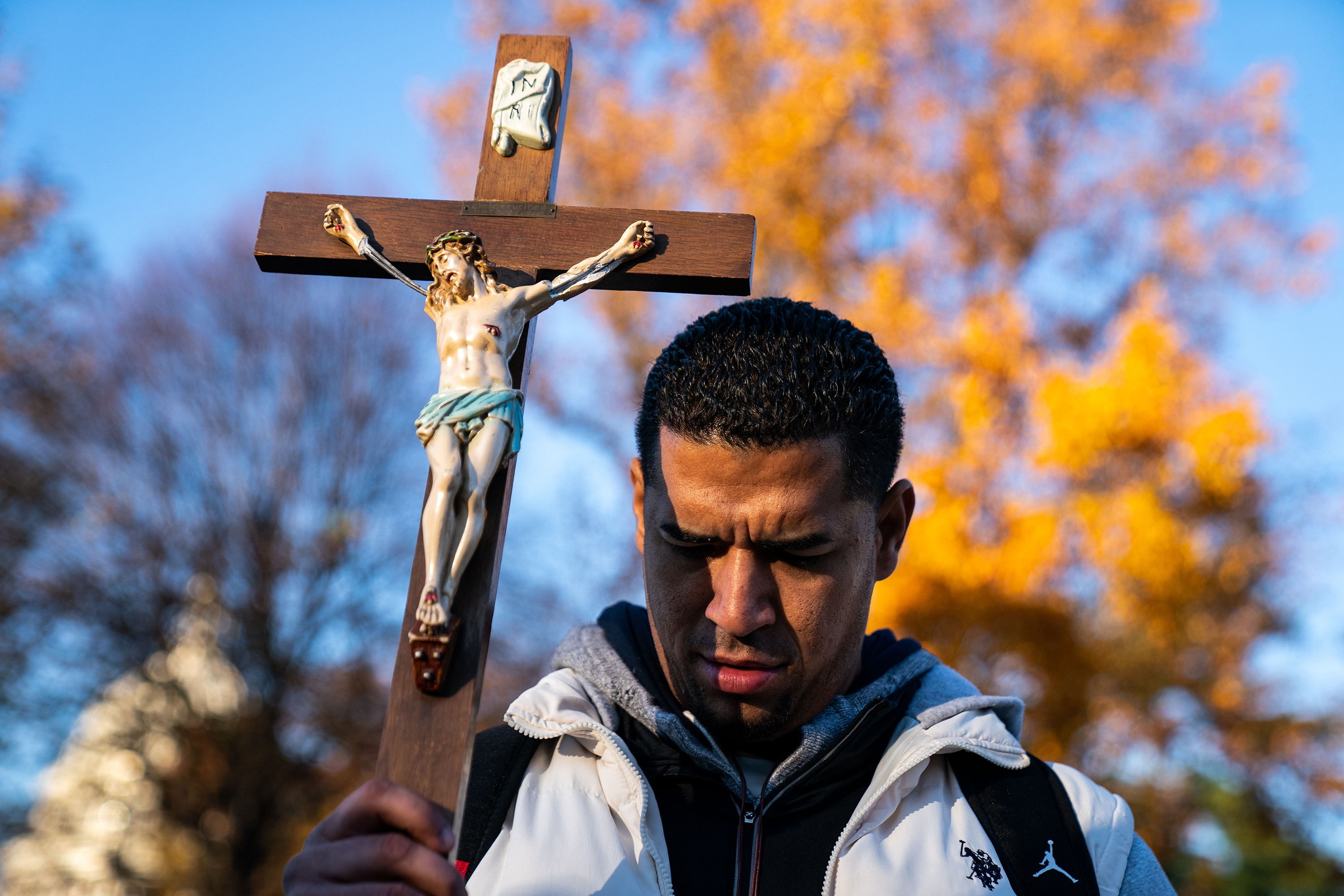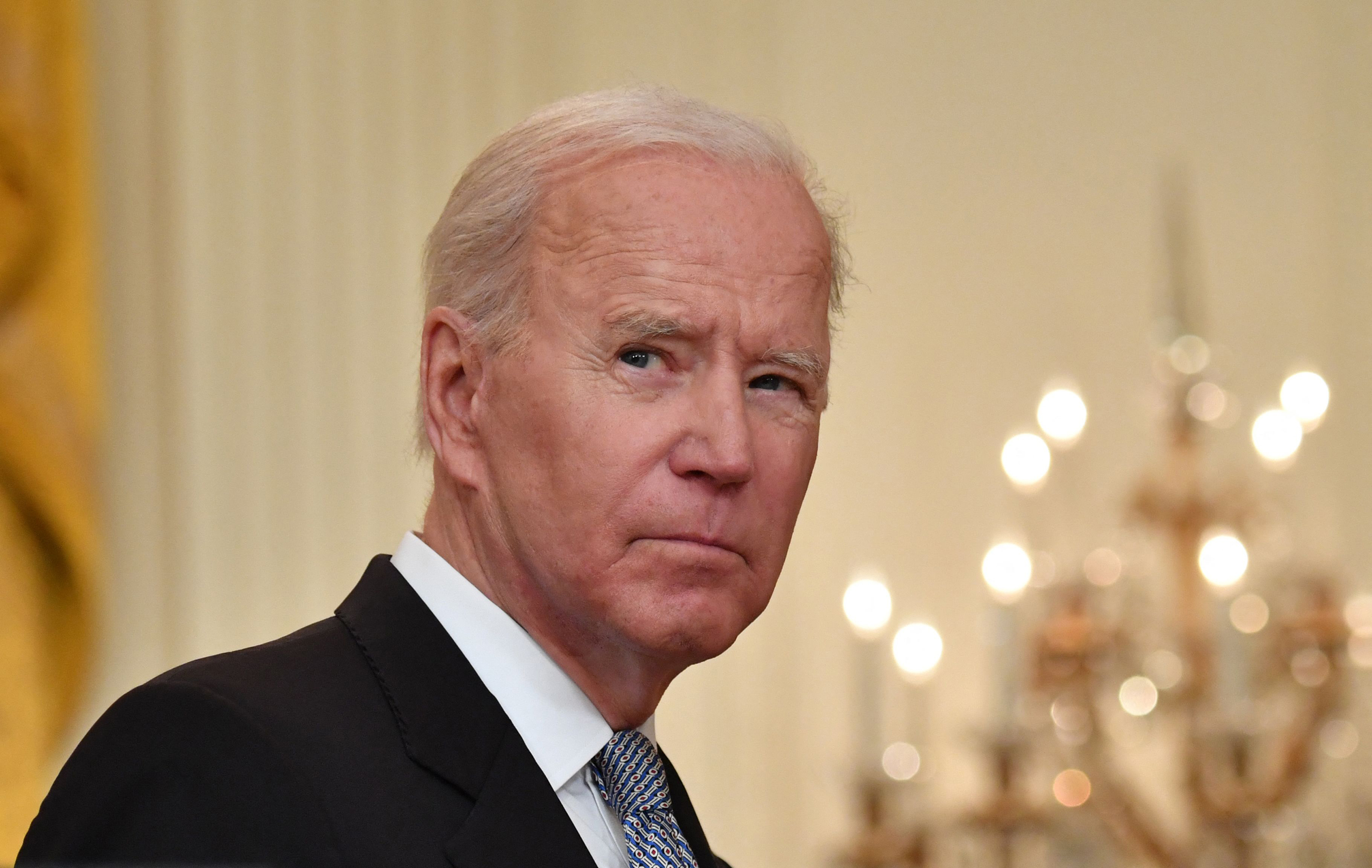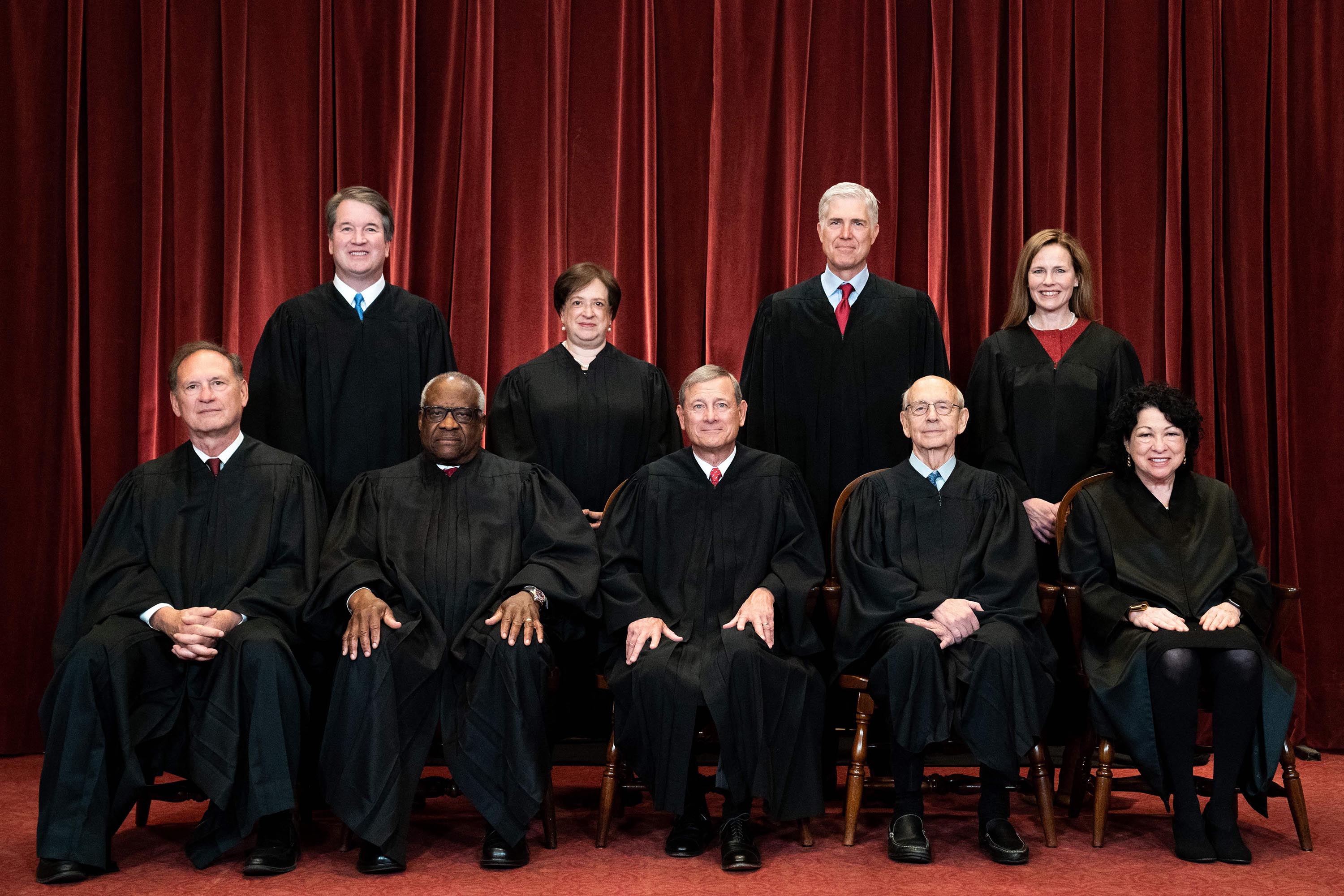The Supreme Court seemed poised Wednesday to uphold a Mississippi law that bars abortion after 15 weeks, but it is less clear if there is a clear majority to end the right to abortion nationwide, although conservative justices expressed skepticism about the landmark Roe v. Wade decision.
The dispute represents the culmination of a decades-long effort on the part of critics of the landmark opinion that legalized abortion nationwide to return the issue to the states, a move that would almost immediately eviscerate abortion rights in large swaths of the South and the Midwest.
What the justices said: Chief Justice John Roberts seemed to be looking for a middle ground to allow states to ban abortion earlier — moving up the viability line from the current 22 to 23 weeks — but leaving in place some remnants of a woman's right to end a pregnancy. He said 15 weeks was not a "dramatic departure" from viability.
Another key justice, Brett Kavanaugh, however, noted that even if the issue were returned to the states, abortion would still be available in some of those states. He conceded that supporters of abortion rights have a "forceful argument" but asked if there were two interests at stake, why the court should be the arbiter.
The court's other four conservatives were clearly critical of 1973's Roe v. Wade and 1992's Planned Parenthood v. Casey, which enshrined the right to abortions nationwide. Sixty percent of Americans say Roe should be upheld, according to an ABC News/Washington Post poll conducted in November.
Liberal Justice Sonia Sotomayor spent several minutes attacking the arguments of Mississippi's solicitor general, strenuously arguing that a woman's right to an abortion has been on the books for nearly 50 years and had been repeatedly reaffirmed. She suggested that if the court were to overturn the decision now despite the fact that "15 justices over 50 years" have reaffirmed the decision, it would suggest the change was solely due to the new composition of the court.
Why this matters: The very fact that the current court, with its solid six-member conservative majority, agreed to even consider a state law that bars abortion long before viability suggests that the court — bolstered by three of former President Donald Trump's appointees — is poised to scale back court precedent if not reverse it outright. Already, in a separate dispute, the court is considering a Texas law that bars the procedure after six weeks and the justices have allowed that law to remain in place for three months, rendering Roe a dead letter in the country's second largest state.
What happens next: This week, the nine justices will sit alone in a conference room and go over the case. They’ll go in order, with Chief Justice John Roberts explaining his vote and reasoning, then following by seniority: Clarence Thomas (conservative), Stephen Breyer (the senior liberal), Samuel Alito (conservative), Sonia Sotomayor (liberal), Elena Kagan (liberal), Neil Gorsuch (conservative), Brett Kavanaugh (conservative) and Amy Coney Barrett (conservative).
The senior justice in the majority and minority will get to choose who writes the opinion, a process that will take months, with plenty of drafts going back and forth between chambers, and rarely, a vote change.








